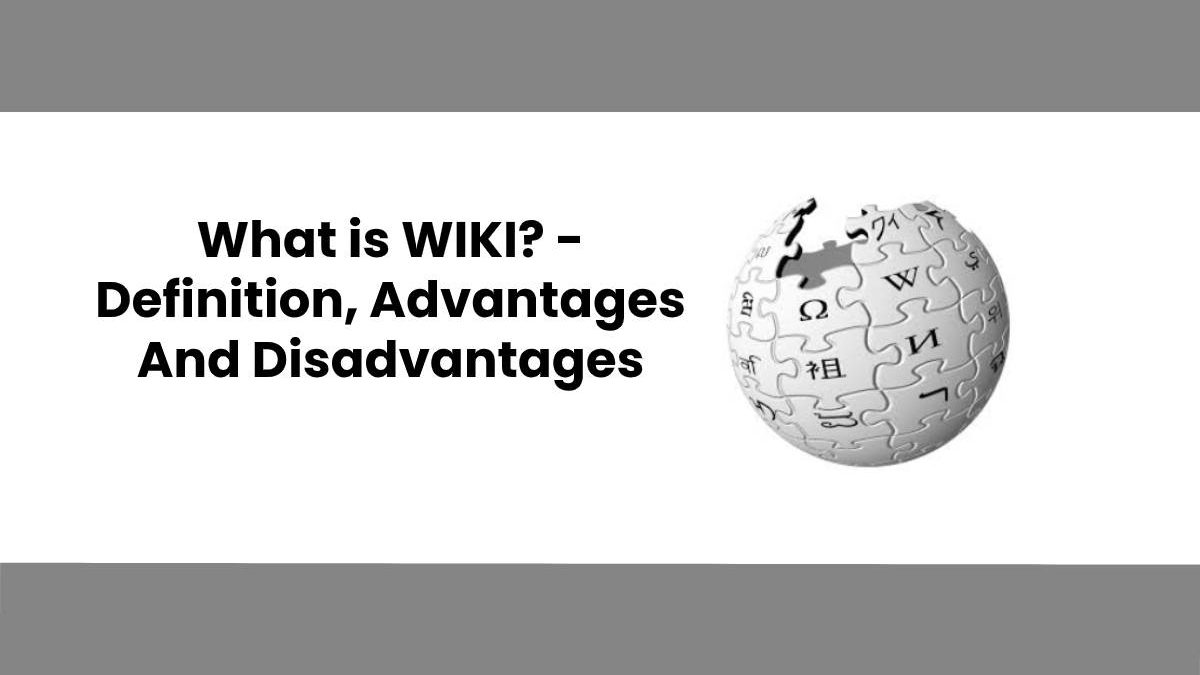Definition WIKI
Wiki is a concept that is used in the Internet field to refer to web pages whose contents can be edited by multiple users through any browser. These pages, therefore, expand from the collaboration of Internet users, who can add, modify, or delete information.
The term wiki comes from the Hawaiian wiki, which means “fast,” proposed by Ward Cunningham. The notion became popular with the rise of Wikipedia, a free and open encyclopedia that has become one of the most visited sites on the Web.
The wiki format is handy for the dissemination of knowledge and teamwork. It is common for wikis to include a history of changes. In this way, it is possible to return to a previous state. In case the modifications made are not correct. And corroborate who made each change in the information.
One of the significant advantages of a wiki is the ease of creating pages instantly. Without having to worry about design and other issues related to aesthetics and organization of information. Many wikis create hyperlinks and pages automatically when the user types a word or phrase in a certain way (in capital letters and without space, between two brackets, etc.).
Among the different ways to view a wiki for editing is the source code (a plain text), the HTML (rendered from the source code), and the template (which establishes how common elements get arranged on all pages).
Advantages
Wiki is very useful since they give their users the possibility of creating and optimizing pages instantly. Giving them a lot of flexibility and freedom. They have become an accessible format, which benefits from the infinite contributions of the community;
- The content of the wikis is current, although this depends on several factors, such as the popularity of the subject they deal with;
- Make it easy to review the work before publication;
- In a student environment, they encourage students by combining learning with the use of technology, and motivates them to work in groups;
- Since several authors can collaborate in the writing of the same article. Wikis put the content in the foreground, leaving less room for dive;
- It is a simple platform to use, but with enough strength to redefine how knowledge is studied and share;
- Depending on the project, they are inexpensive to create and maintain;
- Offer the possibility of writing each article in different languages. Once published, users from all over the world can easily access the version of their interest since each one can show the links to the others.
Disadvantages
- Since it is a service available free of charge and free to any user of the Network, giving them the possibility of creating and modifying the information to their liking, the integrity of the articles is affected. However, despite the constant acts of vandalism to sites like Wikipedia. There are various control techniques, a task in which the community can also be involved;
- Many times, the content infringes the rights of another author (for example, quoting textual phrases without permission);
- Multiple authorship leads to differences in literary style, text focus (which may be related to cultural issues). And the quality of writing: Articles consisting of well-written paragraphs often have with authentic grammatical and spelling nightmares.

